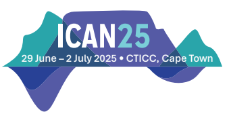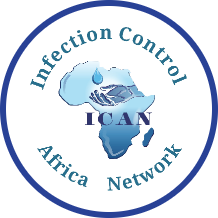Speakers
Speakers
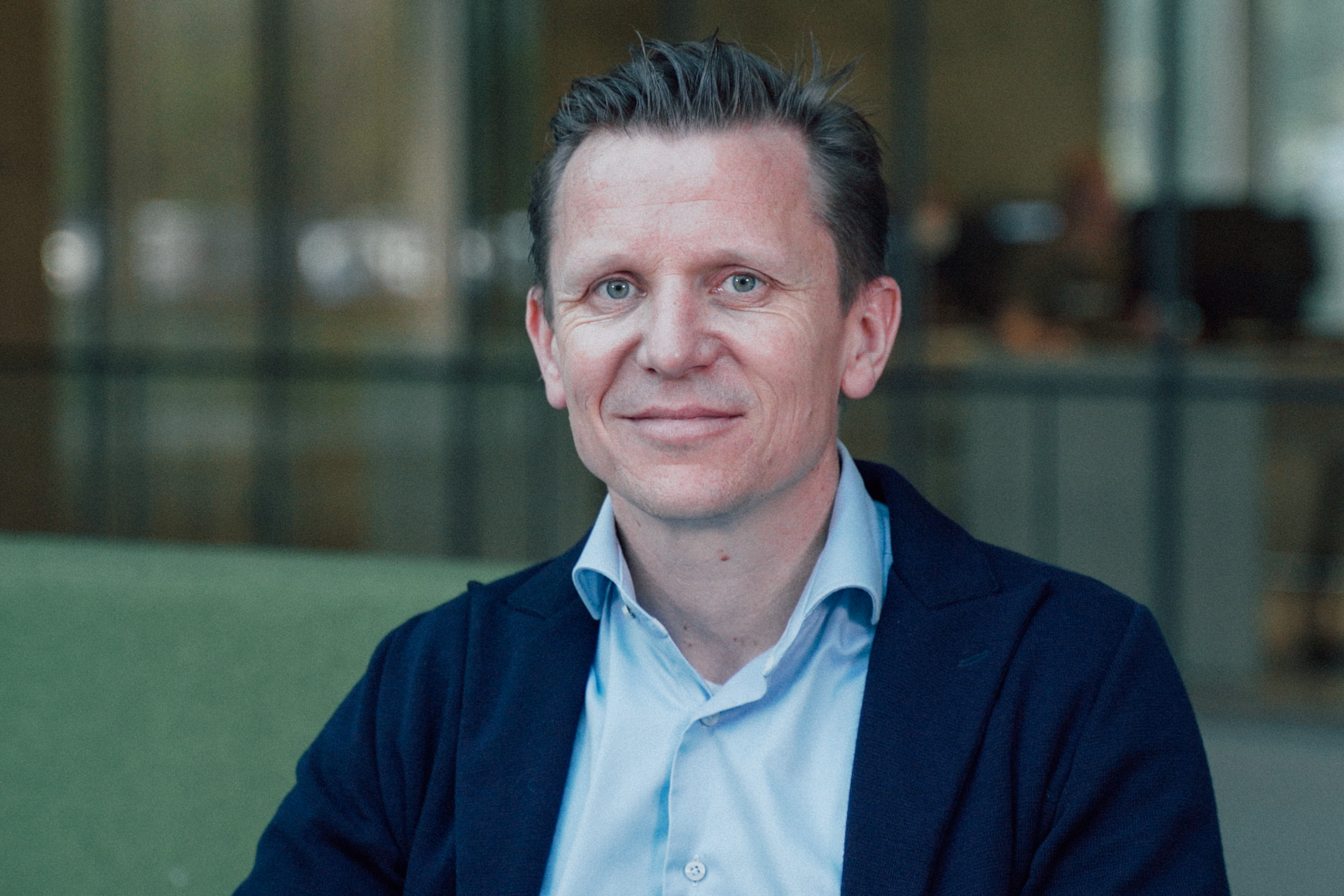
Joost Hopman
Joost Hopman, MD, PhD, DTM&H is working more than5 years as medical director ofthe Radboud University Medical Center in the Netherlands and is appointed as adjunct professor at the University of Lagos, Nigeria. He is trained and specialized inmedicine andmedical microbiology, tropical medicine, infection prevention and control and health care managementat the University of Utrecht, Radboud University Medical Center, Liverpool University and Harvard Business School.
His work focuses on infectionprevention and the redesign of health care delivery. It includes new innovative methods ofhealth care deliveryand patient safety programs, clinical pathway development, sustainability, prevention, appropriate care, the hospital-built environment,and implementation strategies. Research and teaching activities focuses on Infection Prevention and Control (IPC), planetary health, and leadership in health care in both high-and low-resource settings.
For his work he was elected as one of the International SHEA ambassadors in 2016 and was awarded with the Radboud University medal for young potentials(2016).Furthermore, he is awarded with the Kelsey lecture (2023) and the Lowbury lecture (2025).
In 2017-2019 he was a member of the Society for Healthcare Epidemiology of America (SHEA) conference organizing committee.Since 2020 he chairs the Prevention Committee, that coordinates all prevention projects and programs in the Radboudumc. He acts as a consultant for Doctors without Borders (Médecins sans frontières) Amsterdam. He is an advisory board member of the Infection Control African Network (ICAN) and acted as a board member of the Dutch IPC section of the Netherlands Society of Medical Microbiology (NVMM).During the COVID-19 pandemic he served as a member of the WHO Environment and Engineering Control Expert Advisor Panel (ECAP) for COVID-19, the WHO ad-hoc COVID-19 IPC expert group and the Federation Medical Specialists (FMS) Guideline development expert group IPC, the Netherlands. Furthermore, he acted in 2020 as chair of the COVID-19 Outbreak Management Team, University Medical Center Nijmegen, The Netherlands
Joost was invited to work as an IPC consultant for World Health Organization (WHO) in 2014 and 2015 in the Ebola outbreak response in Geneva and Sierra Leone and this has provided him with valuable experience in international outbreaks. From 2015-2018 he was appointed as a senior extraordinary lecturer in community health at the Stellenbosch University, South Africa. He is co-author of more than 50 publications in peer-review journals (among others in NEJM, JAMA network, Lancet infectious disease, EClinicalmedicine), a textbook chapter on patient areas and environmental cleaning and he contributed to WHO, CDC and WIP guidelines.
Joost is strongly committed to improve health systemsin both high-and low/middle-income countries.
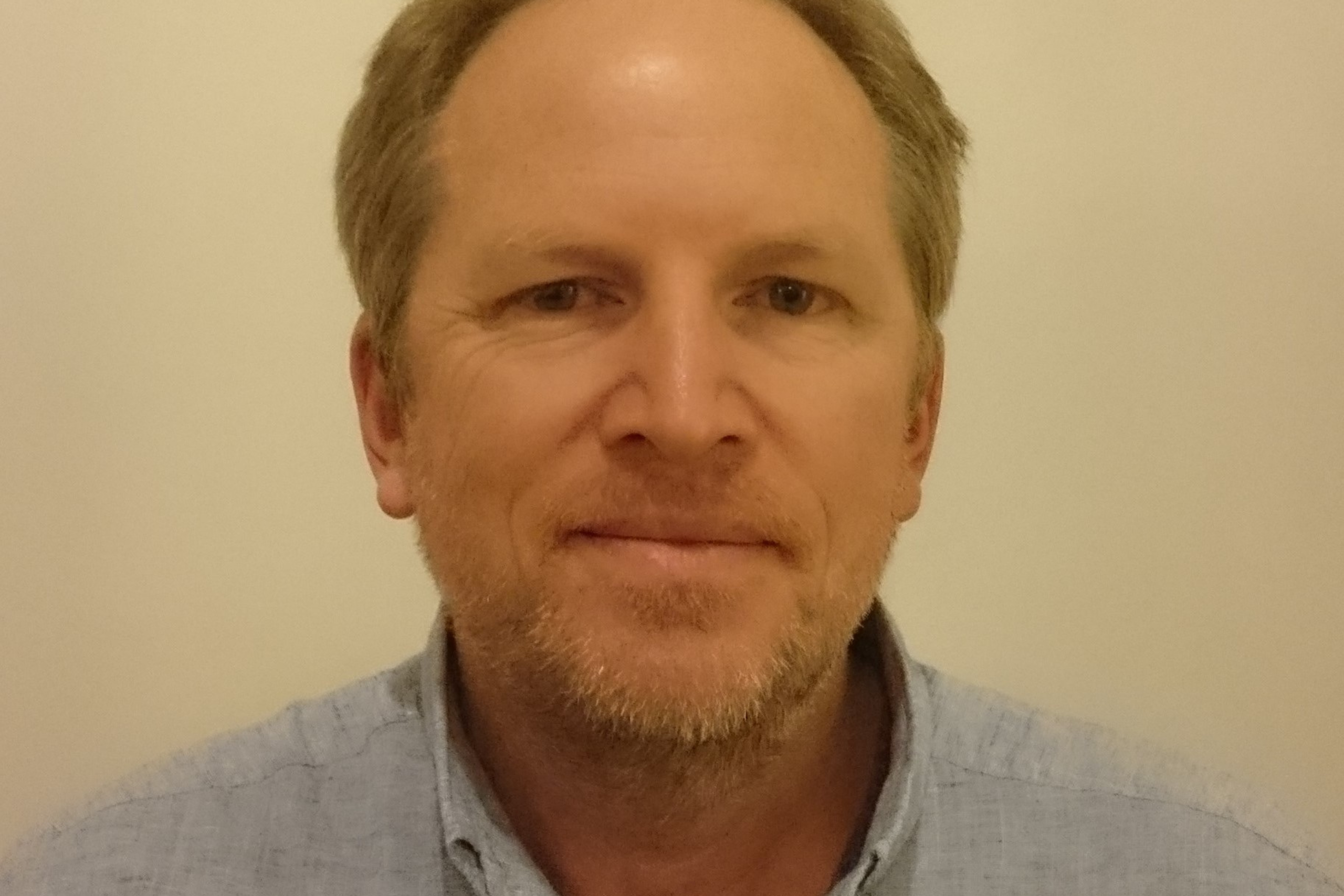
Duncan Rendall
I qualified as an architect at UCT in 1992 and later obtained a Postgraduate Diploma in Health Technology Management from UCT in 2012.
I spent nearly 20 years working in the private sector before joining the Western Cape Department of Health & Wellness in 2011. Currently, I serve as the Chief Architect, overseeing infrastructure norms and standards across all types of health facilities.
My journey in health facility design began in 2003 when I joined BNM Architects, a well-known practice based in Gqeberha (Port Elizabeth), specialising in healthcare design. I went on to establish and manage their Cape Town branch.
At the Department, our current focus is on developing standardised facility and room layouts, as well as materials, fixtures, finishes, and operational narratives for each facility type. Our goal is to provide design and implementation teams with a clearer understanding of the services our buildings need to accommodate.
While the Province continues to replace outdated infrastructure with newer, purpose-built facilities, the majority of our projects are focused on upgrading and expanding existing facilities to address rapid population growth and an evolving disease burden.
Changing environmental and legislative conditions have also prompted us to reassess the operation of our buildings, particularly regarding engineering services. By applying principles of flexible, salutogenic design, we aim to ensure our facilities are more contextually appropriate, resilient, and cost-effective.

Dr. Damilola Adeniyi
Dr. Dami Adeniyi is a Lagos-based public health expert and Infection Control Consultant at the Centre for Infection Control and Patient Safety (CICaPS). He specializes in project management, policy formulation, leadership development, and team science. Additionally, he serves as the Training Coordinator for the Infection Control Africa Network (ICAN) West Africa Hub.
In 2021, Dr. Adeniyi led the pilot of the innovative US CDC Environmental Cleaning Program Toolkit at the Lagos University Teaching Hospital, focusing on implementing best cleaning practices within Low- and Middle-Income Countries (LIMCs). His work on Environmental Cleaning and the Toolkit pilot has resulted in presentations at various platforms, including the ICAN Conference, Infection Control Society of Southern Africa (ICSSA), and numerous communities of practice in the United States, Canada, and Brazil, among others.
Dr. Adeniyi has established multiple Infection Prevention and Control (IPC) programs and facilitated IPC training sessions for both public and private institutions, including the Nigeria Centre for Disease Control and Prevention (NCDC), Lagos State Ministry of Health (LSMOH), KAAF Medical Laboratory & Maternity Centre, Luxe Dental Clinics, and more. His dedication to advancing IPC practices in Nigeria has led him to contribute to the validation of the National Patient Safety and Care Quality Policy and Strategy, as well as the Legal Needs Assessment for IPC Legal Framework Development in Nigeria, among other key IPC guidelines.
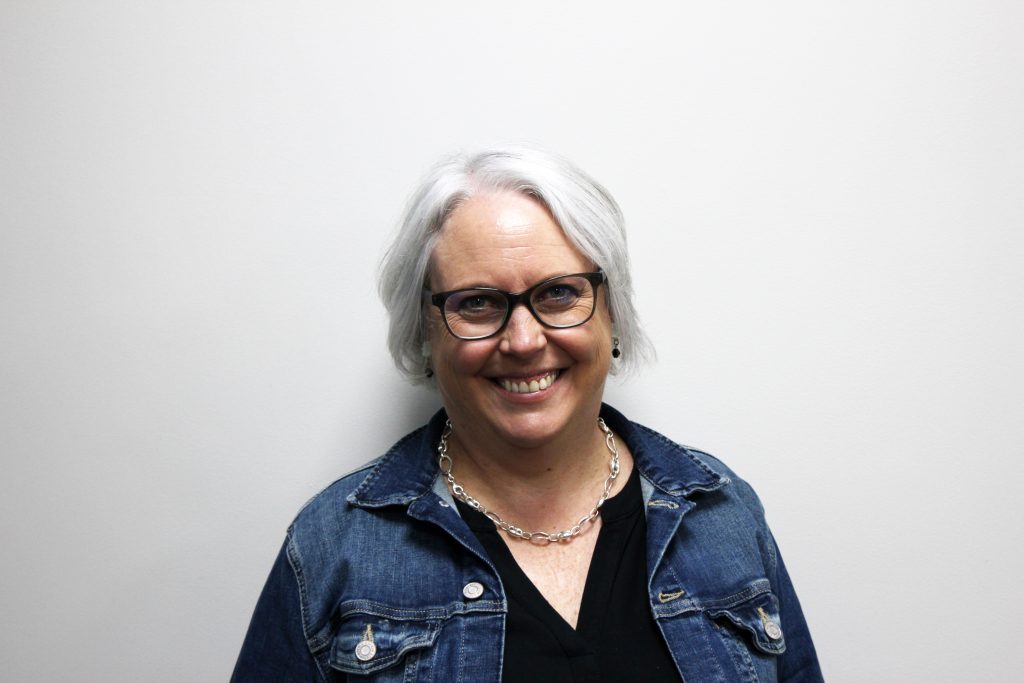
Amy Krause
Amy is a Registered Professional Architectural Technologist with 23 years of experience specializing in healthcare architecture. She currently serves as Architectural Design Manager for Mediclinic Southern Africa’s Infrastructure Department, where she oversees the design, planning, and execution of healthcare facilities across Southern Africa.
Her expertise spans master planning, project scope development, technical documentation, office and project management, and healthcare design innovation. She has played a pivotal role in developing comprehensive standards and guidelines for Mediclinic, from room layouts to material specifications, ensuring efficiency, functionality, and compliance.
Amy is deeply passionate about healthcare environments that enhance patient care and clinical outcomes. She believes in the power of intelligent design to streamline workflows for doctors and staff, improve patient experiences, and optimize operational efficiencies. She collaborates closely with consulting firms, project managers, and healthcare professionals to drive innovation and continuous improvement in hospital and clinic design.
Her commitment to evidence-based design and functional planning ensures that every healthcare facility she works on is not just aesthetically refined but purposefully designed to serve both patients and medical professionals effectively.
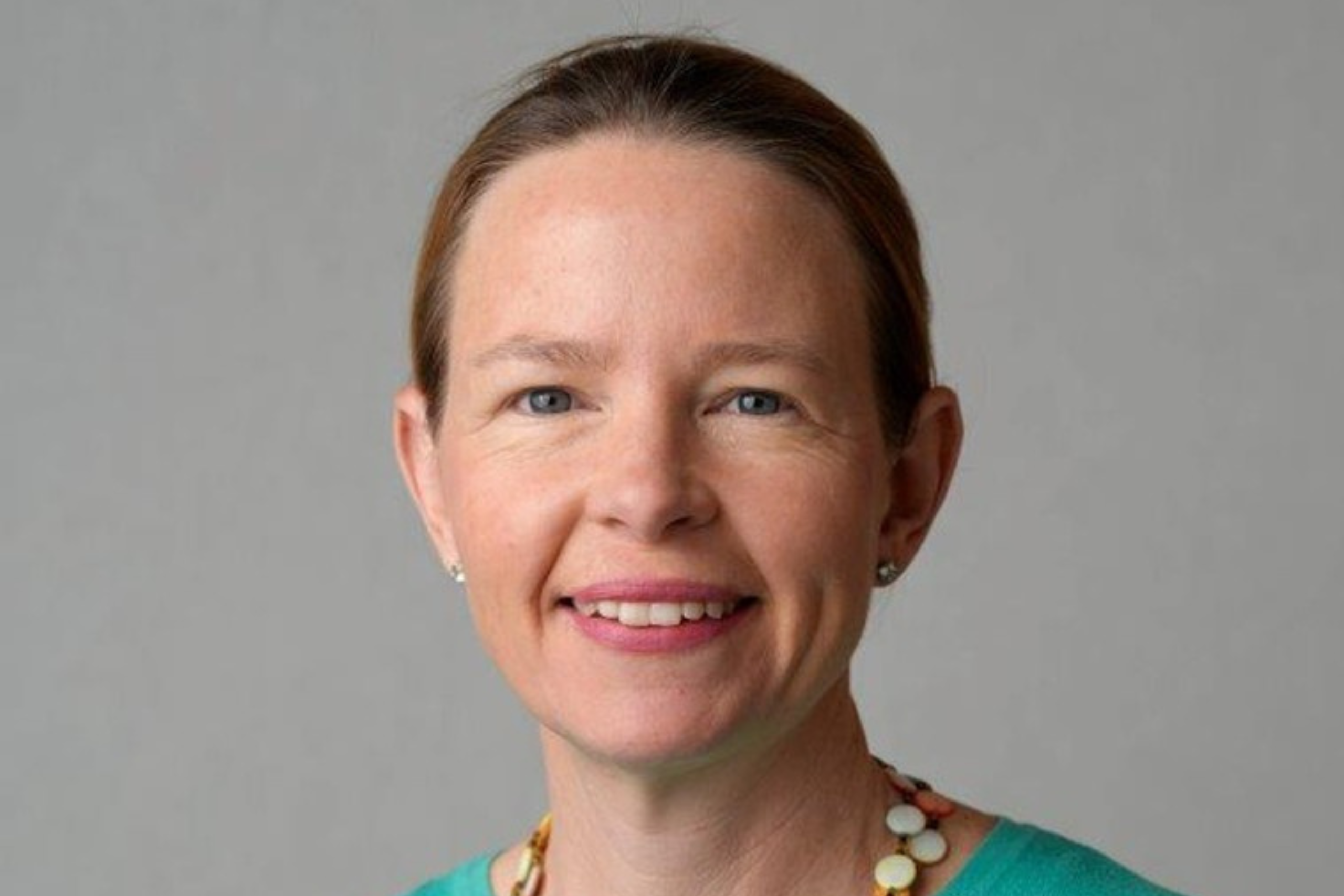
Angela Dramowski
Professor Angela Dramowski is a Paediatric Infectious Diseases sub-specialist and Head of Clinical Unit: General Paediatrics at Stellenbosch University-Tygerberg Hospital in Cape Town, South Africa. Her research is focussed on the epidemiology, diagnosis, treatment and prevention of neonatal bacterial and antibiotic-resistant infections. She is passionate about patient safety and data-driven improvements in the quality of hospital care for neonates and children.
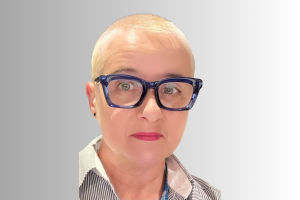
Julie Storr
Julie is CEO and co-founder at S3 Global Healthcare, a key opinion leader in her field, with an international portfolio of work including as a senior technical expert with the World Health Organisation, NGOs and countries across the world. Her areas of focus include the development, implementation and evaluation of guidelines and implementation-related resources in the field of patient safety, quality, AMR, Water, Sanitation and Hygiene (WASH) and infection prevention and control, most recently as subject matter expert on the development of an innovative serious game with WHO Academy. She was previously President of the Infection Prevention Society of the UK and Ireland, Assistant Director at the English National Patient Safety Agency and Director of the award-winning national cleanyourhands campaign. Julie is an honorary advisor at Global Health Partnerships and a steering group member of Health Information for All (HIFA). She is also a trained clinical hypnotherapist. She has published widely in the peer-reviewed literature and her most recent book focuses on the social rather than the technical aspects of preventing infections in healthcare. On the latter point, Julie is a champion of person-centred and compassionate application of IPC and the importance of effective leadership in making this a reality.
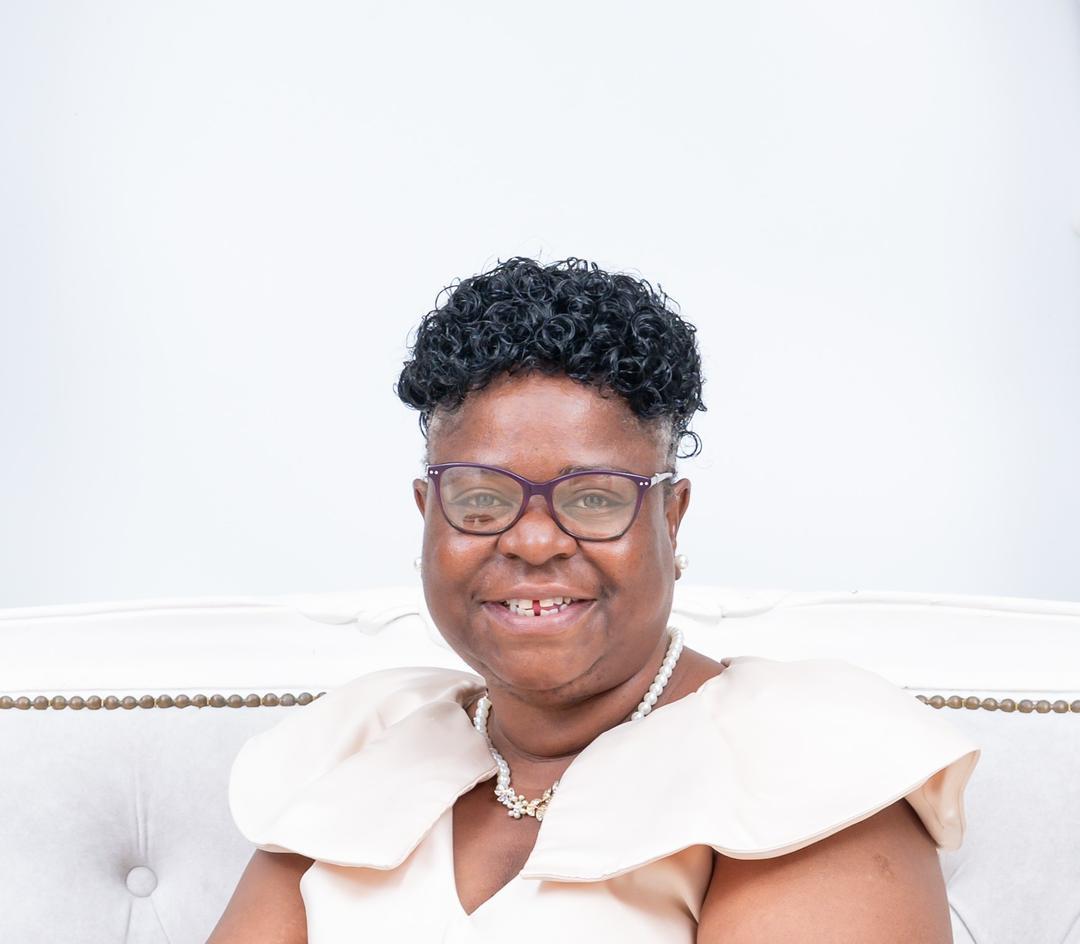
Chipo Gwayagwaya
My name is Chipo Sitembile Gwayagwaya. I am a focused, goal-driven and dynamic IPC Specialist /Consultant with a background of Intensive and Coronary Care Nursing. I have a strong passion for IPC, AMR, and Patient and healthcare worker Safety. I hold a Postgraduate Diploma in IPC (PGDIC) and a Master’s degree in IPC both from Stellenbosch University. I have Fifteen years of experience working as an IPC Practitioner, I have vast experience in IPC and infectious disease response and preparedness. I am the Deputy Secretary of the Infection Control Association of Zimbabwe-Trust (ICAZ-T), Training Coordinator for the Infection Control Association of Zimbabwe-Trust. Currently, I am the Training Coordinator for Infection Control Africa Network (ICAN) Southern Africa training hub. I am a motivational speaker and an entrepreneur.
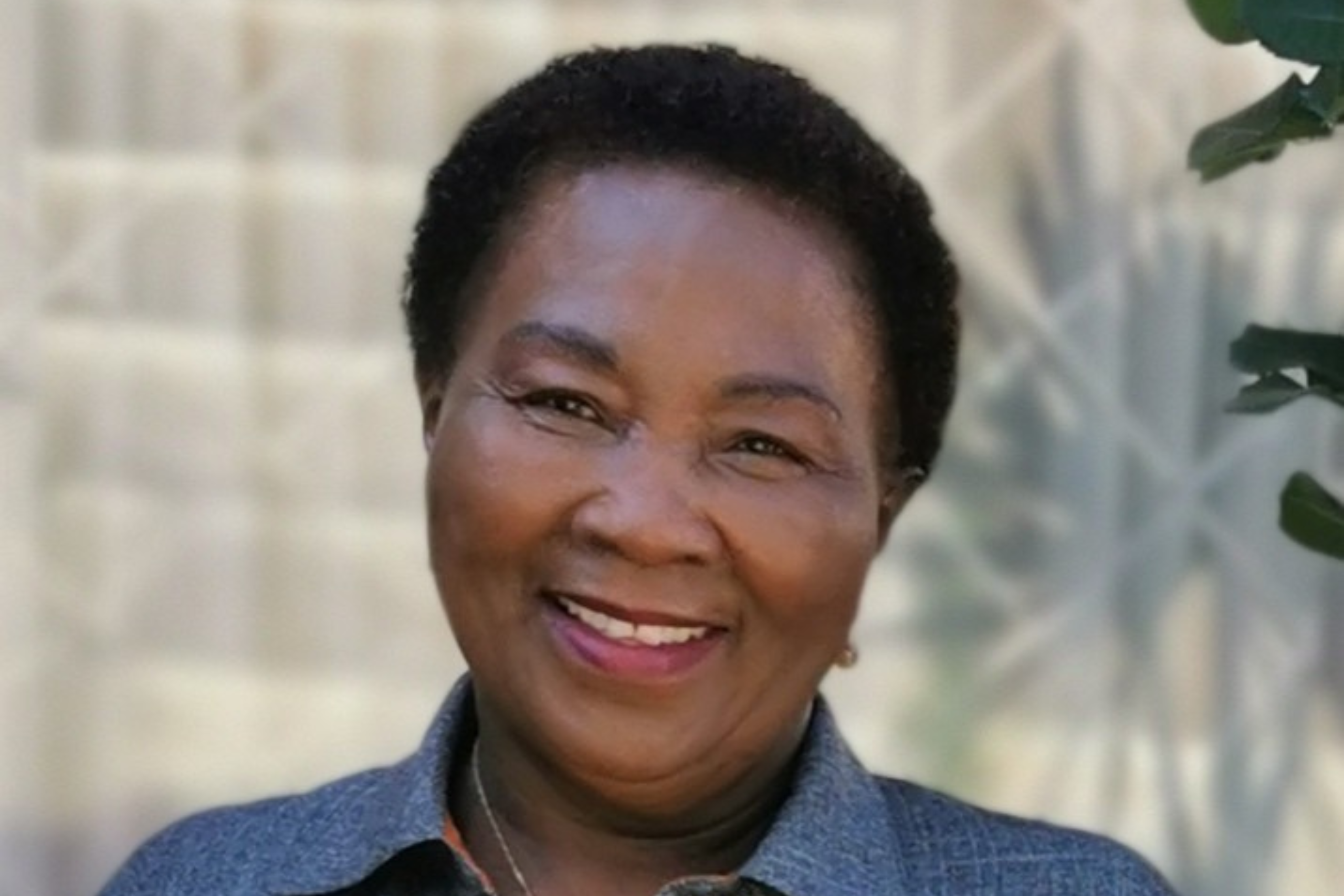
Alethea Mashamba
Ms. Alethea Mashamba is a seasoned health professional with more than 40 years of demonstrated clinical and public health experience. She is a qualified General Nurse, Midwife, Community Health Nurse who holds an MBA in Health Management and Planning and a Certificate in Infection Prevention and Control. Currently, Alethea is the Executive Treasurer of the Infection Control Africa Network where she is involved in the day to day smooth management of the organisation. Mashamba works as a Consultant and Project Coordinator for the Infection Prevention and Control Association of Zimbabwe-Trust, supporting the Ministry of Health and Childcare in developing the IPC programme and Health Systems Strengthening. Mashamba is part of the National and Outbreak Response Team and has been involved in response mitigation and preparedness activities from COVID 19, Cholera and other disease outbreaks in Zimbabwe.
Ms Mashamba possesses extensive pre- and in-service training/capacity building experience and hands-on expertise in management of primary health programmes. She is an active member of the Infection Prevention and Control Association of Zimbabwe and was part of the Lead Team that developed the current IPC Policy and Strategic Plan (2024 2026) including the updating of the National IPC Guidelines and has made significant contributions in the development of the IPC programme in Zimbabwe. She is involved in conducting site support visits and mentorship in the public and health facilities, monitoring compliance of IPC standards. She is part of the National Action Plan on AMR and serves on its IPC Biosecurity and Biosecurity Committee. Ms Mashamba has successfully conducted several consultancies and reviews of health programmes across the African Region as the Lead Coordinator .
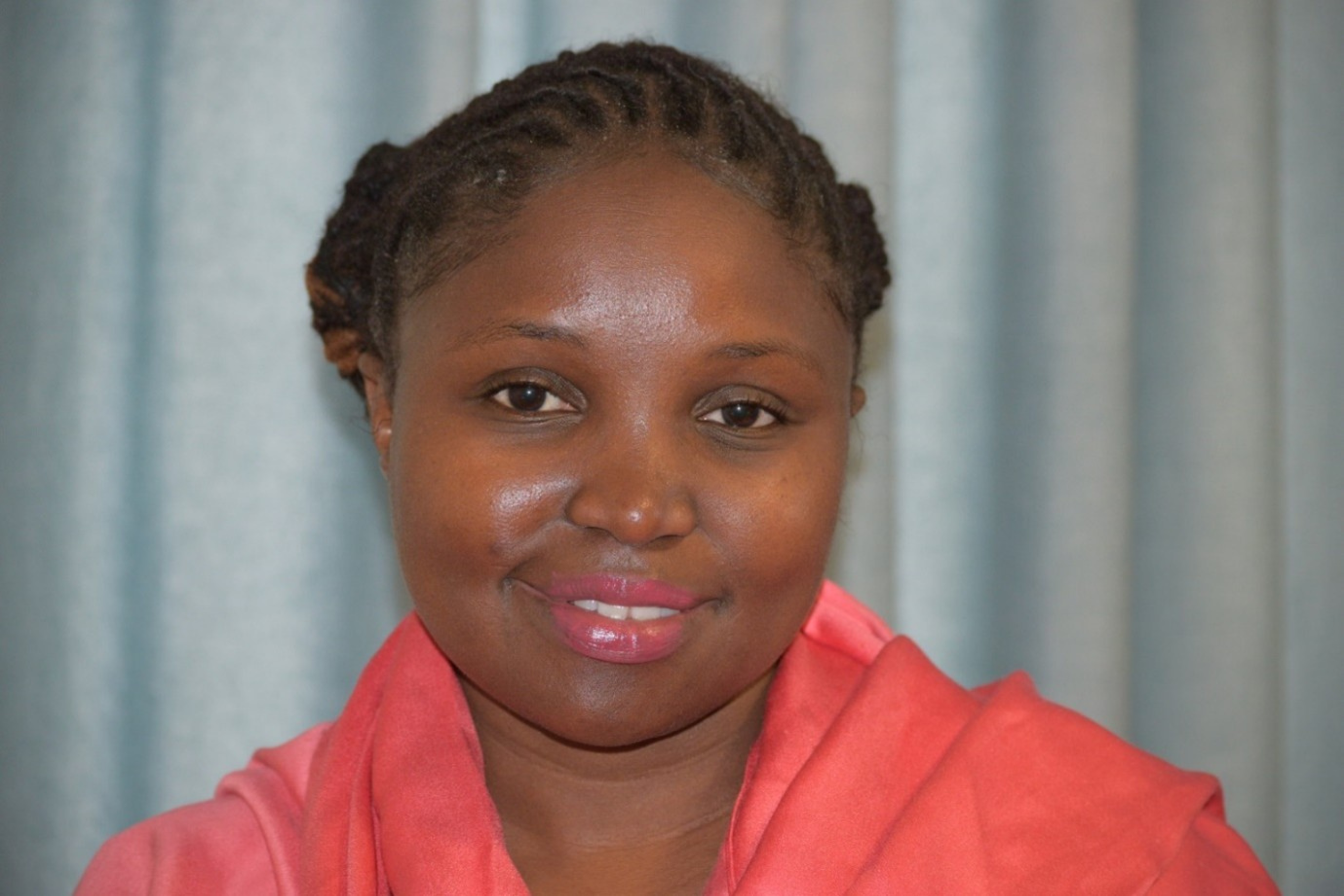
Buyiswa Lizzie Sithole
Buyiswa Lizzie Sithole is a seasoned IPC Specialist and hand hygiene Compliance and Monitoring Officer who has worked for ICAN and WHO. She holds a Post Graduate Diploma in Infection (Cum-Laude). She is an IPC Trainer (Accredited by ICAN and Stellenbosch University). She was actively involved in the West Africa Ebola response in Sierra Leone and worked for World Health Organization as a Technical Advisor for IPC and supported the MOHS to roll out the National IPC Program. Under ICAN she rolled out the Hand hygiene trainings across Africa amongst other training programs. She is also actively involved in the training and mentoring HCWs on IPC practices. She has authored and co-authored various papers in the field of hand hygiene including co-authoring “Knowledge, attitudes, and practices for ECD in the National Rapid Deployable Isolation and Treatment Facility (RDTIF) in Sierra Leone. Lizzie has worked in Liberia, Sierra Leone, South Africa, Uganda, South Sudan and Zimbabwe and has been part of IPC Trainings rolled out in Botswana, Cameroon, DRC, Ethiopia, Kenya, Malawi, Namibia and Nigeria and has vast knowledge in implementing IPC Programs in Low-middle income settings.
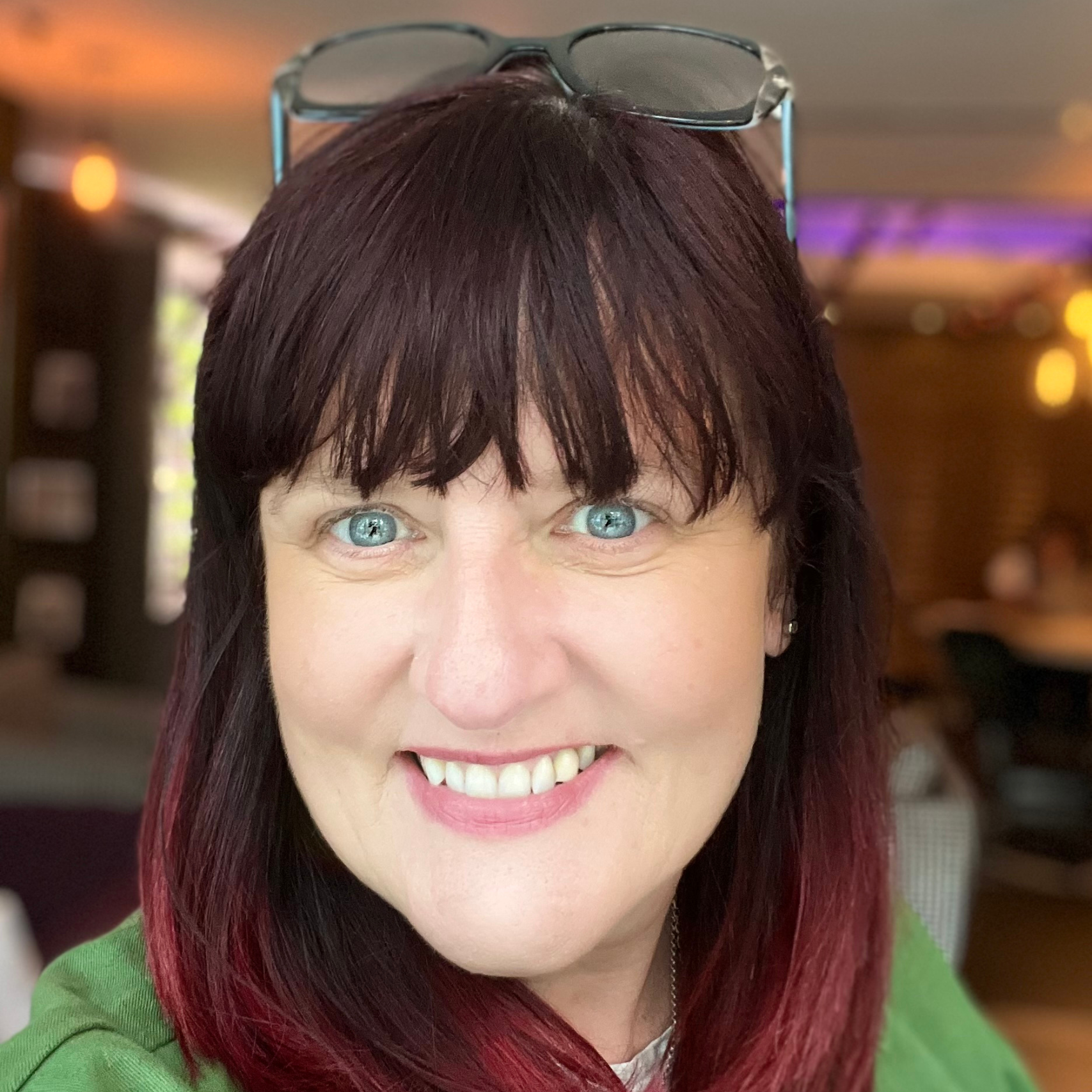
Claire Kilpatrick
Claire is a nurse and graduate of the University of Glasgow with a PGDiploma in infection prevention and control (IPC) and MSc in medical sciences (travel medicine). She was awarded a doctor of science (DSc) in IPC, WASH and patient and health worker safety from Glasgow Caledonian University (GCU) in 2023 and is a member of the Royal College of Physicians and Surgeons (Glasgow). She has been Director at S3GlobalHealth since 2012 and has vast experience working with WHO (since 2008 global, regional and country level), a range of other international and national agencies, NGOs and academia. As a volunteer, she is a founding board member of the World Surgical Infection Society, an expert advisor to the charity The AMR Narrative, and a subject matter expert on the Safeguarding Health through Infection Prevention (SHIP) research team at GCU. She focuses primarily on implementation and improvement in healthcare and also has experience in global guideline and report writing and national and global campaigning. Past awards include best visual identity in healthcare (Europe) for the WHO hand hygiene global campaign, an innovation award on understanding prevailing hand hygiene in healthcare language, and paper of the year in the Journal of Research in Nursing.
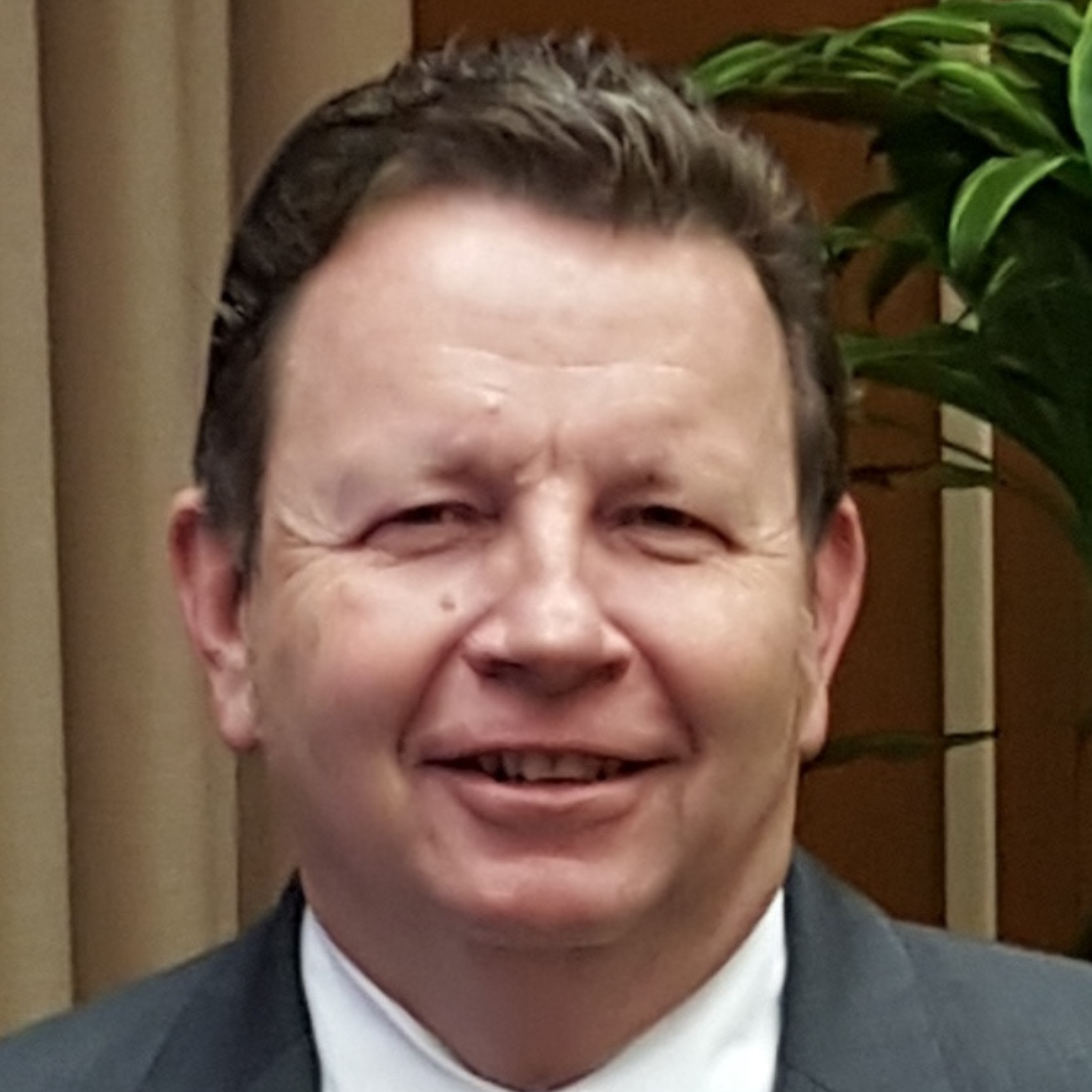
Edward Krisiunas
- Mr. Krisiunas is the principal of WNWN International, Inc. – a consulting firm specializing in the areas of health care waste management, infection prevention, and occupational safety for health care. He has 43 years of experience in the health care (7 years) and healthcare waste management industry (36 years).
- Projects and presentations at the national and international in >60 countries (Europe, Africa, Asia, Middle East, and Southeast Asia, the Caribbean, North and South America) specifically related to health care waste management and infection prevention. Mr. Krisiunas has or is currently working with USAID, UNDP, UNIDO, UN GEF, ASLM, APHL, WB, WHO, OECS, GTZ, ADB, IFC, DHS/USDA, CDC, and The Global Fund.
- Mr. Krisiunas was the lead consultant for a teamworking with the CDC and the African Society for Laboratory Medicine on the management of Guanidine Thiocyanate (GTC) containing waste from HIV Viral Load and Early Infant Diagnosis in 27 African countries.
- He is a member of various organizations related to health care waste management, infection prevention, and Biosafety – APIC, IFIC, ABSA, HIS, ICAN, ASCP, and ISWA. He has been a reviewer for the AJIC, JHI, ISWA, and the Journal of Diabetes Science and Technology.
- He was a contributing author to the WHO Management of Waste from Healthcare Activities, 2nd edition (2014), and International Federation Infection Control (IFIC) Text (2007, 2011, 2016, and 2024) in the areas of healthcare waste management and injection safety.
- Current chair of the ISWA Working Group on Healthcare Waste ( 2022-2026). Active member since 1998.
- Current IBC and IACUC Community Member University of Connecticut Health Center
He holds a B.S. Medical Technology, Western Connecticut State College and a Master’s Degree in Public Health, University of Connecticut.
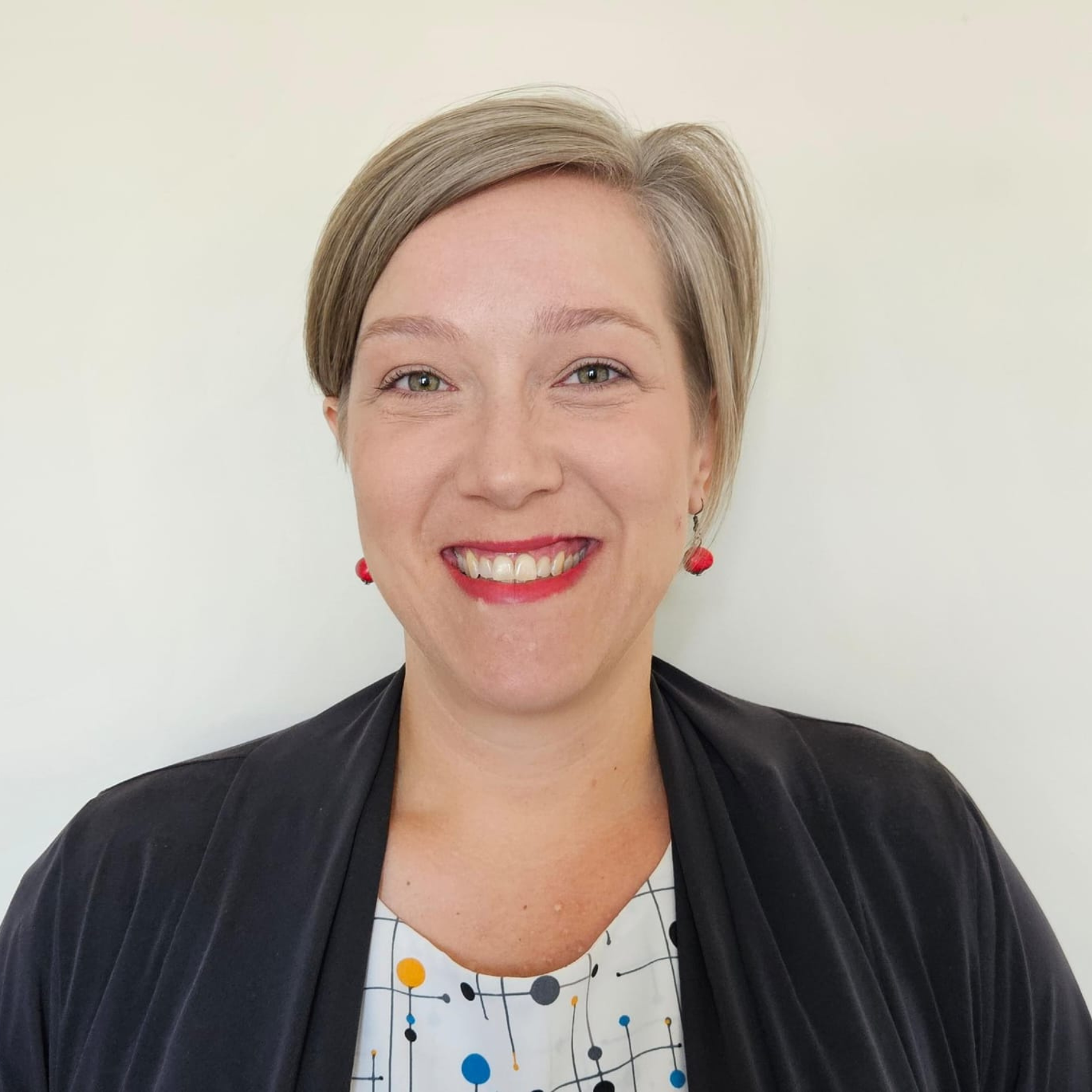
Elizma de Klerk
With 20 years of experience in the healthcare industry, Elizma has developed a deep understanding of the complexities of healthcare and the importance of empowering frontline staff. Currently, she serves as the IPC (Infection Prevention and Control) Manager at a private hospital in Paarl, Western Cape, a role she has held for six years.
Elizma holds a Diploma in Nursing (2007) and a Diploma in Nursing Administration from the University of Stellenbosch (2014). She has further enhanced her expertise with an International Postgraduate Diploma in Infection Prevention and Control (2022) from Radboud University and ICAN.
Elizma is driven by a passion for empowering frontline staff, particularly cleaners, to take ownership of their critical role in infection prevention. Her ongoing project, “Improving Cleaning by Empowering Cleaners,” aims to educate, acknowledge, and uplift cleaners, recognizing their vital contribution to patient safety. Through this work, Elizma seeks to create a culture of appreciation and respect for these unsung heroes.

Kalisvar Marimuthu
Dr. Kalisvar Marimuthu is the head of the Infection Prevention, Control, and Outreach (ICON) division at the National Centre for Infectious Diseases and serves as a Senior Consultant in Infectious Diseases at Tan Tock Seng Hospital, Singapore. He chairs the National Infection Prevention and Control Committee (NIPC) of Singapore.
Dr. Marimuthu completed his advanced specialty training in Internal Medicine and Infectious Diseases in Singapore in 2010 and 2013, respectively. He trained as a Senior Research Fellow in the IPC Unit at Geneva University Hospital.
Dr. Marimuthu’s research revolves around the transmission dynamics of emerging infectious diseases and multidrug-resistant organisms. His work extends to healthcare-associated infection (HAI) surveillance and prevention strategies, with a special focus on leveraging genomics in infection prevention and control (IPC).
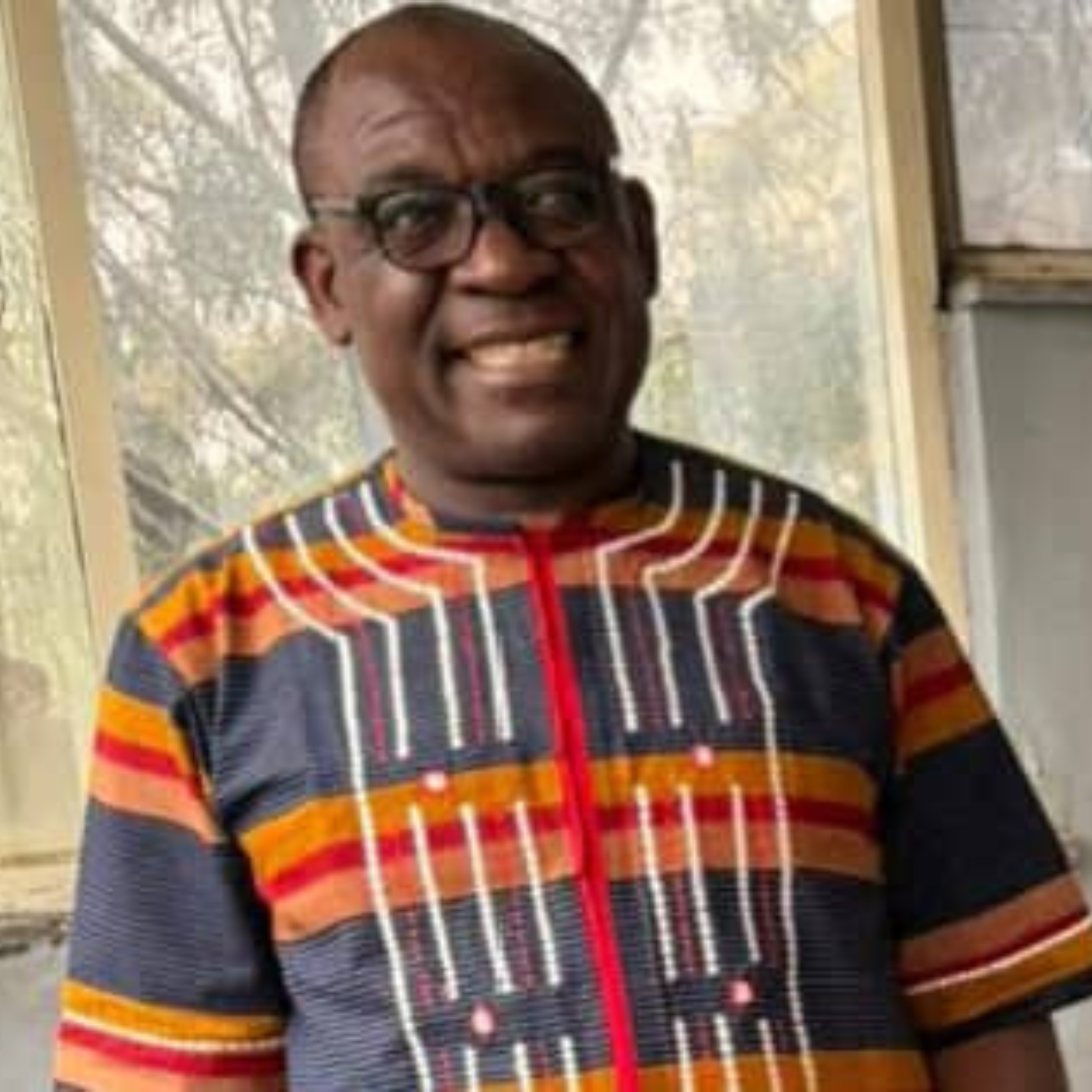
Nkwan Jacob Gobte
Nkwan Jacob served was the pioneer IPC nurse of Banso Baptist Hospital (BBH) from 2002 to 2007, and IPC supervisor of the Cameroon Baptist Convention Health Services CBCHS) from 2011 to 2019. As a visionary leader, he conceived and implemented several IPC improvement projects, the most important being the local production of Alcohol Based Hand Rub (ABHR) which revolutionised hand hygiene practices and significantly led to the successful elimination of neonatal sepsis in the maternity units of the CBCHS. Jacob has the coordinating the Fundamental of Infection Prevention & Control (FIPC), which is a six-month IPC course offered by the Infection Control Africa Network (ICAN). He is a board member as week as the Honorary Secretary of ICAN, board member of International Federation of Infection Control (IFIC), and member of the Society for Health Care Epidemiology of America (SHEA), Association of Professionals in Infection Control and Epidemiology (APIC) as well as Infection Prevention and Control Association (IPAC), Canada. He has published several IPC research articles.
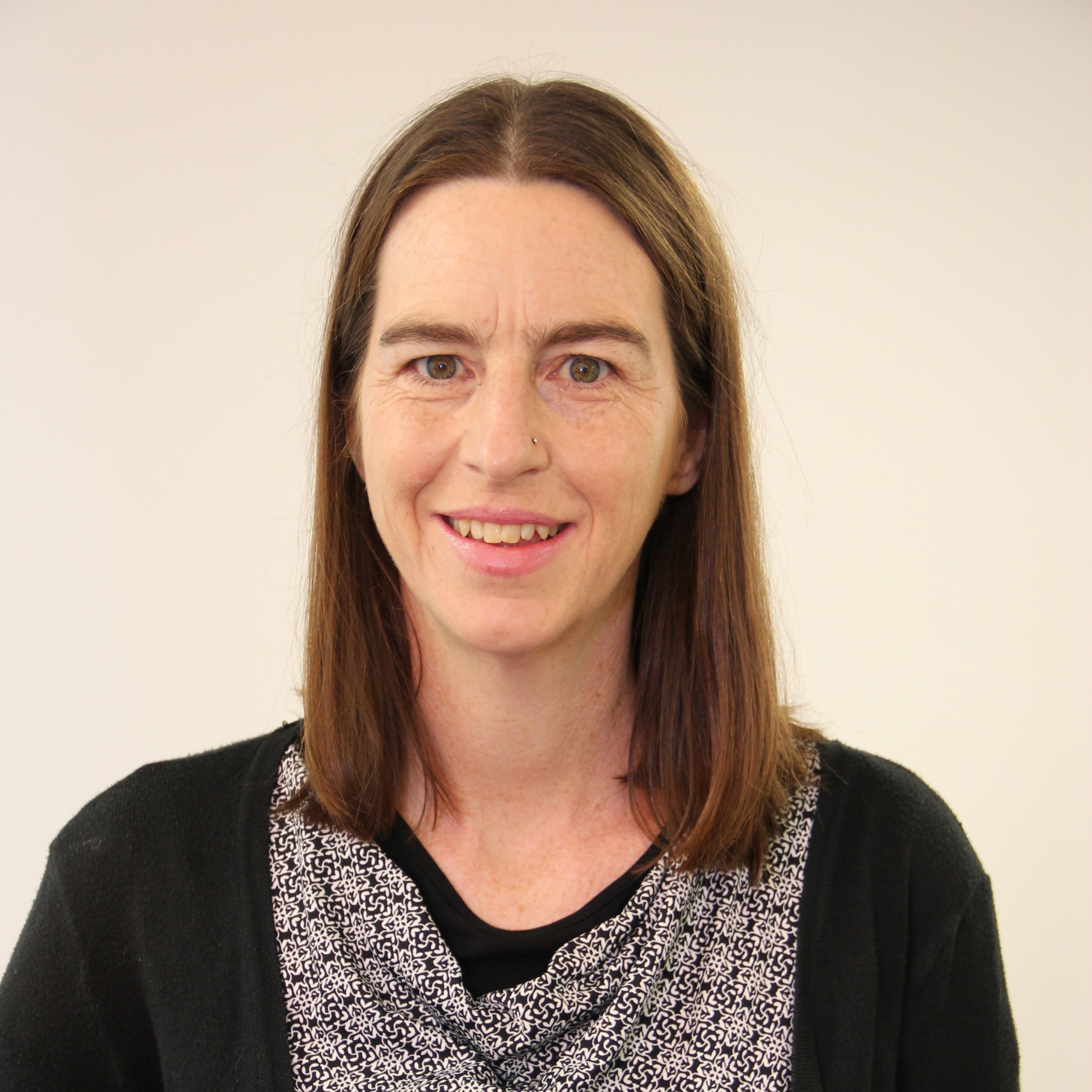
Renee Street
Dr Street is the Director at the Environment & Health Research Unit within the South African Medical Research Council (SAMRC). Her background and training encompass both natural sciences and public health, providing her with a unique perspective on tackling complex global challenges. Dr Streets extensive research portfolio is dedicated to investigating diverse aspects of historical and emerging environmental contaminants and the impact on human health. Dr Street demonstrates a keen interest in addressing public health issues and formulating effective policy strategies. She is currently a steering committee member of INGSA Africa (International Network for Governmental Science Advice). This role allows her to utilize her passion for impactful change and contribute to the broader dialogue on effective science communication and decision making. Notably, in response to the unprecedented challenges posed by the COVID-19 pandemic, Dr Street played a pivotal role in establishing the SAMRC wastewater surveillance and research Programme. This initiative was set up to track SARS-CoV-2 RNA trends in wastewater across South Africa. The programme has since evolved and expanded its scope. It now encompasses comprehensive research endeavors aimed at pandemic preparedness and response for a multitude of pathogens.
